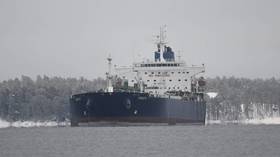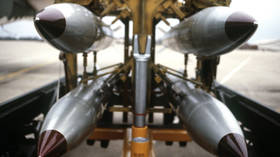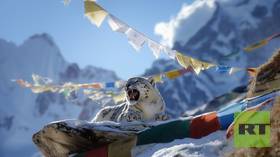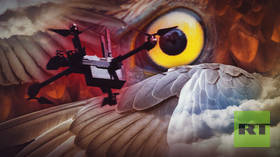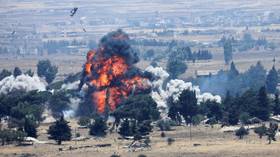Russian navy finds 6 previously unknown ISLANDS after glacier melt
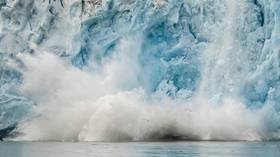
The Russian navy has confirmed it found six previously undiscovered islands during a major scientific research expedition deep into the Arctic circle, after glacial melting laid the land masses bare.
Five of the islands are located in the Novaya Zemlya archipelago, within Russia’s Arkhangelsk Oblast, and range in size from around 90 square meters to 54,500 square metres. A sixth was found in Gunter Bay, in the Franz Josef Land archipelago.
Also on rt.com No warplanes or tanks: Russian military releases RELAXING VIDEO from picturesque Arctic archipelagoCaptain First Class Alexei Kornis, Head of the Northern Fleet Hydrographic Service, reportedly said it’s not clear what the future holds for the islands, but that nature is already taking hold of some of them and colonizing the sites with plants and birds. He said the team had also found the remains of a seal torn up by a bear, which is a promising sign for the ongoing survival of the islands.
Detailing their findings to Russian media, the team said they’d found a range of artifacts from polar expeditions in the 19th and 20th centuries and the remnants of a Soviet weather station on Novaya Zemlya, which was destroyed by a German Nazi u-boat in the Second World War.
The crew also admitted to having survived some uncomfortably close encounters with local wildlife at some of their research stops, including polar bears and an angry walrus.
Also on rt.com RT team nearly attacked by POLAR BEAR while making wildlife film in Russia (VIDEO)The islands’ possible existence was first flagged three years ago by engineering student Marina Migunova, who spotted them while examining satellite imagery of the region. They likely only emerged in 2014 when the glacier receded.
Geologists and oceanographers are anticipating further such discoveries, as ice melts accelerate and reveal new land masses and formations.
Think your friends would be interested? Share this story!





